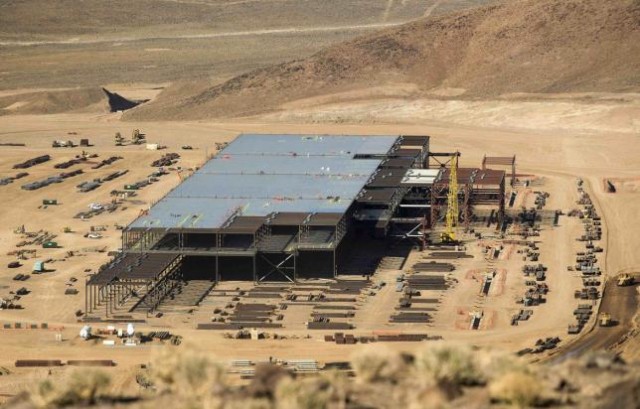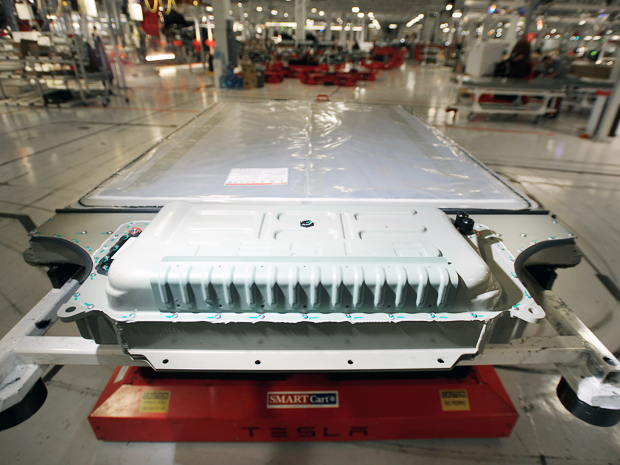|
by Steve Blume If Tesla can deliver at the price of battery storage they announced on Friday, and founder and chairman Elon Musk is likely to based on his past record, then this is a massively disruptive initiative. At around ⅓ to ½ of the prices from existing market players, the storage unit price alone will force all others to compete rapidly on both price and features or struggle – Chinese and other storage manufacturers. As a package, with solar with the management smarts they have talked about, the economics add up for a wide number of applications. But . . . the Tesla storage solution, or other storage systems, will not allow a home owner to go off-grid really (at any sensible price), but will simply offer blackout-resilience for a few hours if designed and installed to do so.
What it does do is put a bomb under the need to transform our unidirectional dumb grids into multi-directional multi-generation type smart grids ASAP. For two reasons – the existing network players will simply be unable to manage the commodification of solar & storage at this level – the customer demand will fly far ahead of the cumbersome and glacial pace of change that we have seen so far. That is so in the US and more so in Australia. I had one senior network person from a utility tell me in the last month, when I raised the question of EVs and said that time to adapt is short, “Oh, we won’t be allowing residential charging stations for EVs”. After I lifted my jaw off the table, he listened with some increasing anxiety as I explained why that car had already left the garage! That attitude that they have time on their side, and allowing that to be reflected by using various ‘technical’ barriers in front of solar and storage, is still widespread. If the networks get well advised on the implications this could be the trigger needed to move from an attitude of trying to tell all and sundry why we can’t do things to working out how they can inject themselves into the middle as thefacilitators on how we can do things – as that’s how they will stay in the energy game. I love secure and reliable energy supplies – that means I love grids, of all shapes and sizes. But the grid we have is not even close to the grid we need – one that is the backbone for the services we want not the electrons (or gas for that matter) they want to sell us. Of course storage at residential, commercial & grid scale, and Tesla had larger systems in its launch, has a huge part to play in building that smart grid we need at lowest cost and highest reliability as storage (and solar PV too if the inverters are used to their intelligent capacity) in a managed network offers frequency control, demand management, voltage control, peak management, supply variability management and numerous other advantages. As Amory Lovins once said – consumers don’t want a refrigerator, they want a cold beer and fresh food. They don’t want oil or gas, they want to move from one place to another easily and cheaply. And they sure don’t want electricity or gas, they want to light, shower, heat, cool, cook, watch TV, compute, use their telecoms gear, clean etc. This should be a massive driver to have the utilities, retailers, generators and distributors recognise their business model must change to be that used by telecommunications – services , services, services. If they don’t Tesla and its partners show there are plenty of others who will occupy their vacuum. Steve Blume is president of the Australian Storage Council. This article sourced from http://solar.org.au/
0 Comments
Leave a Reply. |
|



 RSS Feed
RSS Feed


